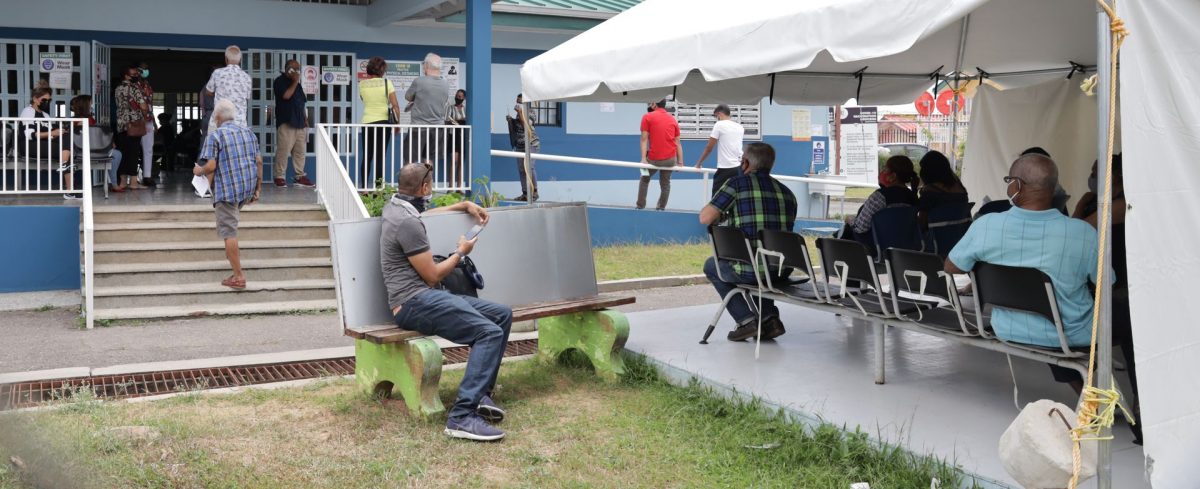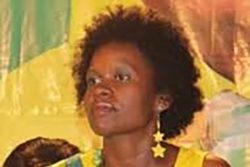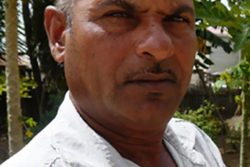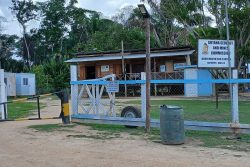(Trinidad Guardian) COVID-19 vaccinations are winding down now as the quota of people to receive their first dose nears. The announcement came from the Ministry of Health’s Epidemiology Division’s Technical Director Dr Avery Hinds yesterday during a virtual press conference.
The country had in its possession an estimated 75,600 doses of Oxford-AstraZeneca vaccines. There were 2,000 doses gifted by Barbados, 33,600 from the COVAX facility and 40,000 donated from India.
However, with the vaccine requiring two jabs and more doses yet to arrive in the country, half of these are being reserved as a second dose for those already inoculated.
“We are beginning to wind down that first batch of vaccine distributions bearing in mind and taking note that those who have confirmed appointments already for vaccines this week would still be accommodated,” Dr Hinds said.
He said second doses would begin to be administered from June 7 and appealed to citizens to turn up for this dose.
“We do want to encourage all those who would have received their first dose to make sure to present themselves as scheduled for this second so that you can complete the vaccination coverage and receive the full benefit of having been vaccinated,” he said.
According to the Ministry of Health’s daily update, up to 4 pm yesterday some 41,549 people were vaccinated. While this may appear to indicate the quota has already been met, Dr Hinds reiterated that health officials can get more doses out of a vial than expected.
“Sometimes vials have what we call extra doses, additional volume within the vials, that allows additional doses to be distributed,” he said.
The Minister of Health Terrence Deyalsingh previously noted this equated to 10 per cent more doses. This means there could be roughly 83,160 doses that would allow them to inoculate 41,580 people while reserving enough for a second dose.









